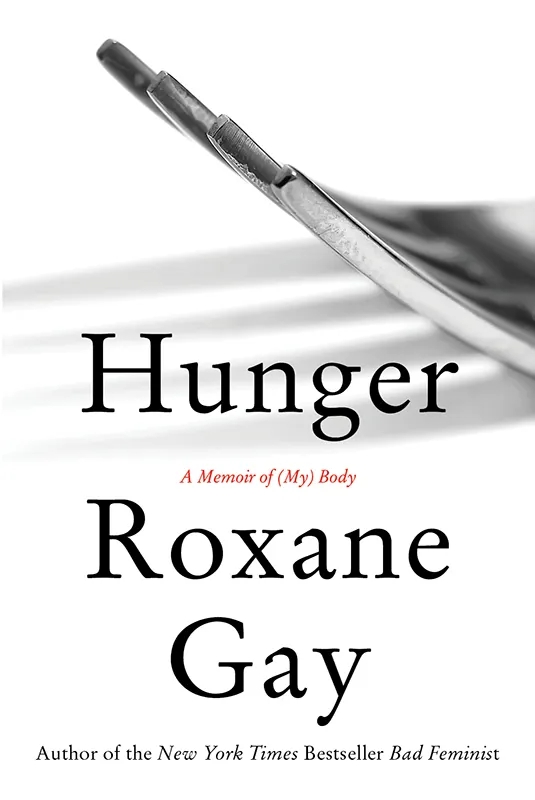
In a June 2017 Fresh Air interview, Roxane Gay shared that her book, Hunger: A Memoir of (My) Body, “felt necessary to write because it was the book I wanted to write the least.” She goes onto explain: “When I was thinking about what to do next in terms of nonfiction just before Bad Feminist came out, I thought You know, I’d really never want to write about fatness. And in that moment I knew that’s something I have to write about.”
I want to talk about the magnetic draw of “the book I wanted to write about the least,” but first I need to say a few things about Hunger. Hunger is a brilliant memoir and important read for countless reasons. First, it vividly portrays how the body can find a way to defend the self from further harm, a common experience that’s not often acknowledged. The book is also a stunning example of an essayist’s memoir, a memoir that uses beautifully expressed insights studded with curated specifics to illuminate the writer’s experience rather than a succession of blow-by-blow scenes. Hunger is masterful and rare example of how a memoirist can create an intimate narrative and communion with its readership using much more telling than showing. And, the book is an important lesson in how a memoirist can tell a deeply personal story and still define the parameters of what they will and will not share, that the writer is not required to “cannibalize themselves,” a phrase Roxane Gay uses in this all-star panel discussion on the topic of writing trauma at Yale in 2019:
The experience Gay shared in the Fresh Air interview of Hunger being necessary to write because it was “the book I wanted to write the least” is a common one I’ve rarely seen discussed. Miranda July has a book titled It Chooses You, and this phrase also sums up what I’ve experienced and what I’ve seen happen with numerous writers I’ve worked with. It usually goes like this: You sit down to write about X but the story of Y starts to pop into your thoughts. You try to push it away and maybe for today you do, but tomorrow Y is back. And, as Roxane Gay said, Y is the thing you least want to write about.
You don’t want to write about Y because if you do, you will also have to write about Z. And when you write about X, Y, and Z all together, A and B might be very angry. Or maybe it’s not that people will be angry or at least very surprised, it’s that it’s going to hurt so much to put those words on the page. It would hurt a lot. You can’t write those words. You won’t.
And so you don’t. Not today. Today and tomorrow you push Y away. You write about X. You do. But Y is still hovering and also there’s this other problem. You’re a bit bored with the story of X and you can tell there’s a flatness there others will sense. You don’t want write a boring and flat stories! The stories you love are about X, Y, and Z.
And then, maybe one day you are having a terrible, horrible, very bad day and you also happen to have a pen and a notebook, and you open it and the story of X, Y, and Z starts to tumble out. And maybe you see something in that story, you haven’t seen in other things you’ve written. You see something important, something others might need. Flashes of gold. But you think of A and B. Of the cost. The terrible cost of writing these words and maybe eventually sharing them.
And then you might just think, Fuck it. I’ll pay the cost. And you keep writing.
You are sweating and scared, but the words just keep coming. Bridges are blowing up behind you and you know there’s no going back. Even if you never share these words with anyone else, you have written them, and now everything has changed. You are somewhere new.
Keep going.
Enrolling Now: July 7th Memoir Intensive
Let’s spend a day devoted to memoir together on Friday July 7th! In the morning we’ll focus on brainstorming activities designed to get to the heart of your work as a writer, shorter prompts, and craft lessons on scene writing and strategies for moving between timeframes and narrative modes. Then over a block of time that will include our lunch break, you’ll have a choice of longer prompts to work on. At the end of the is time, you’ll have the option to submit this writing to me for written comments. The last afternoon block will be devoted to lecture and discussion on topics ranging from inviting the rneader into the work, narrative arc, thematic drive, collage techniques, the publication process, and how to make the most of your writing time.

Instructor: Theo Nestor
Cost: $295
Date and Time: July 7th, 10am to 4pm Pacific Time
Class size: 16 max.
Where: Zoom
Questions? Email me at theo@theonestor.com

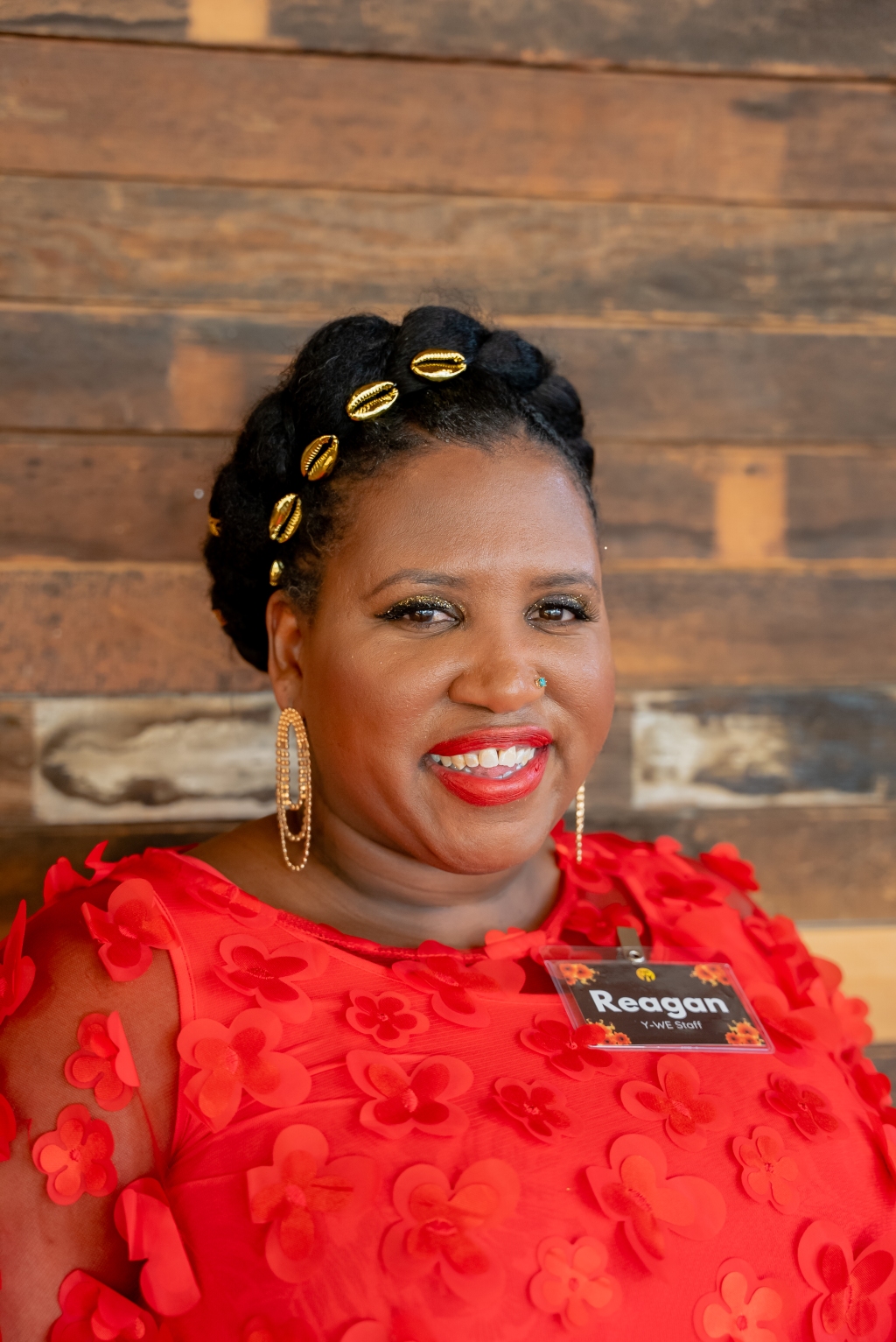
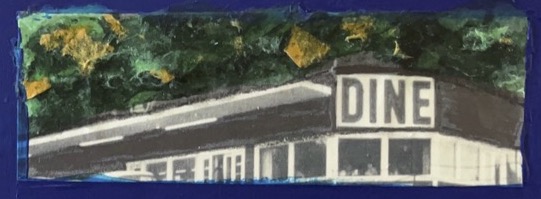
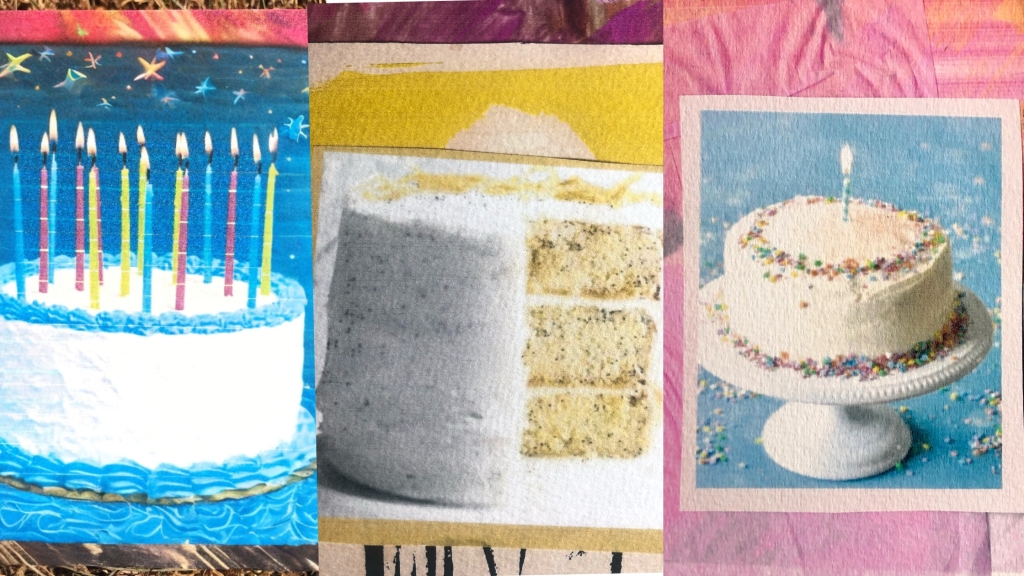
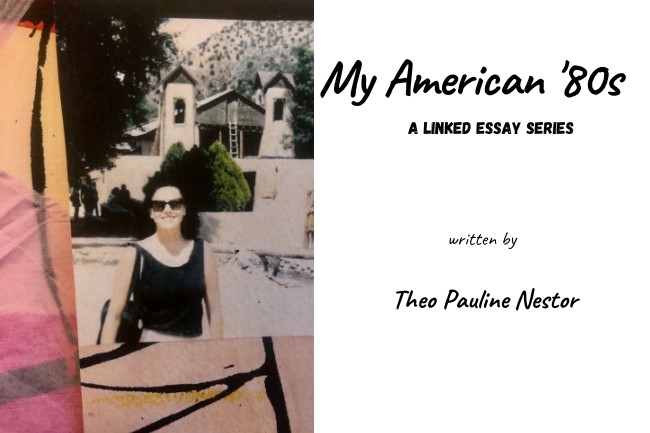
Leave a Reply